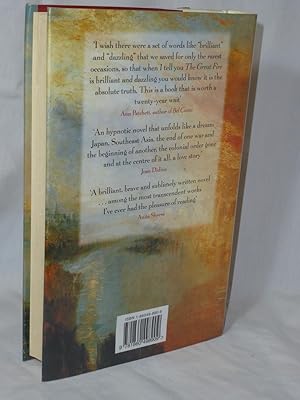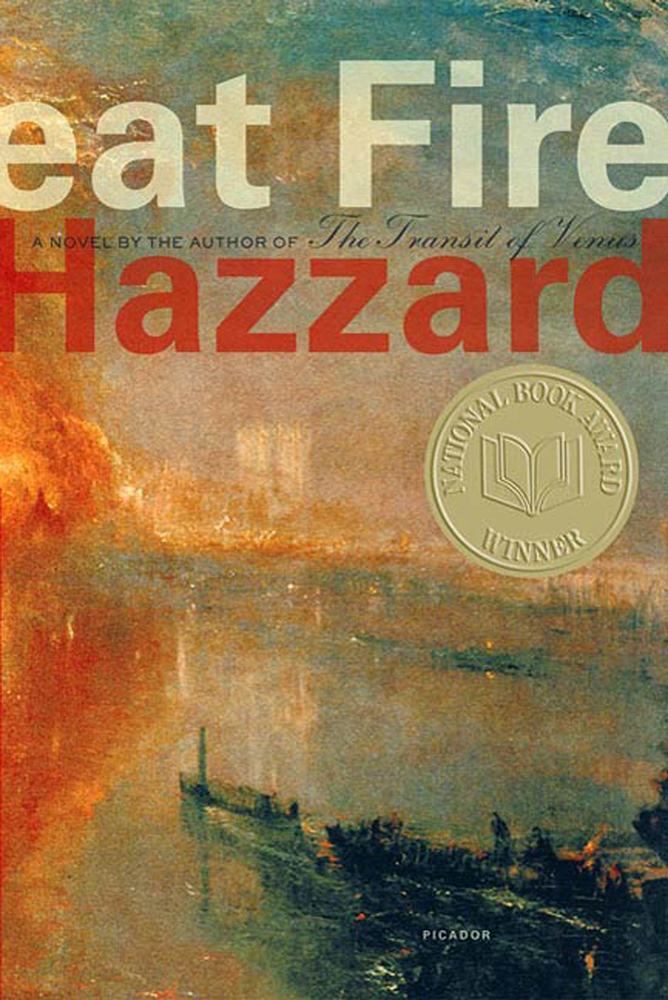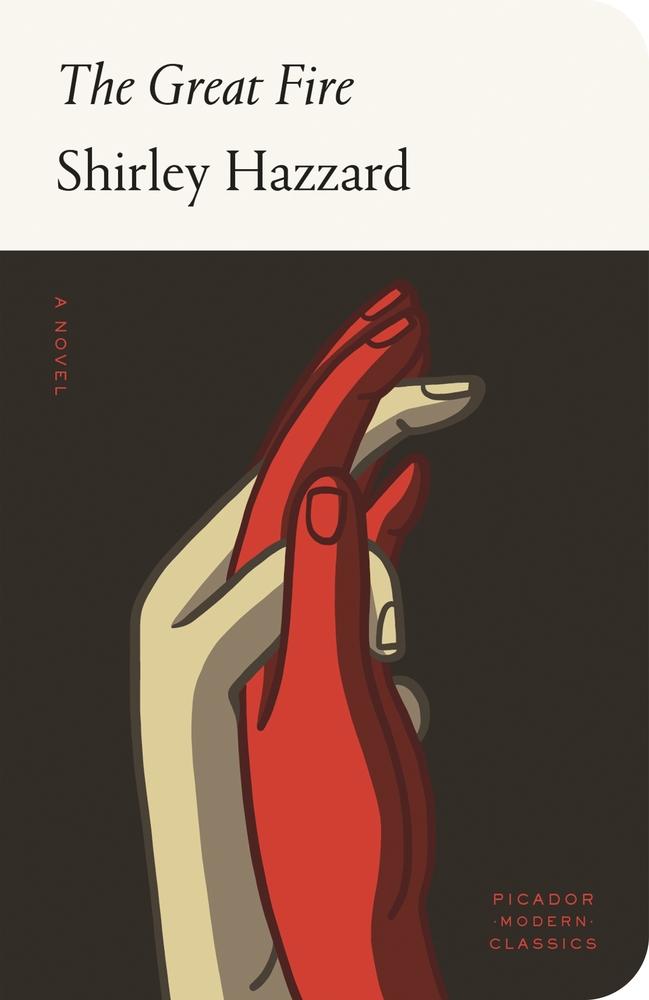

The father who had famously written about love-love of self, of places, of women and men-was renowned for a private detachment. The adult son thought the picture loveless. Nothing to suggest familiarity or attachment. No imaginable colours, other than those of the foisted flowers no object that invited, by its form or material, the pressure of a hand. There were bills on a spike, a glass dish of chips, a paperweight in onyx. Pens and pencils fanned from a holder alongside new books whose titles, just legible, were those of Oliver Leith's novels in postwar translations. On the blotter, two handwritten pages were shielded by the tweedy sleeve. A bowl of blown roses, implausibly prominent, had perhaps been borrowed, by the photographer, from another room. There was no telephone on the desk, no clock or calendar. For that measure of detachment, a global conflict had been required, a wartime absence, a voyage across the world, a long walk through Asia a wet morning and strange train.

This desk had been so much part of the climate of family life, indivisible from his father's moods-and even appearing, to the child, to generate them-that the son had never until now inspected it with adult eyes. Siding with the man, the furniture supplied few clues: a secretary of dark wood was fitted in its top section with pigeonholes and small closed drawers. The expression, not calm but contained, was unrevealing. As a boy, Leith had wondered how his father could always have good clothes so seldom renewed-a seeming impossibility, like having a perpetual two days' growth of beard. The torso broad but spare the clothes unaffected, old and good. Forehead full, full crop of longish white hair. Features fine and lined, light eyes, one eyelid drooping. In an enactment of momentary interruption, the man was half-turned to the camera, left elbow on blotter, right hand splayed over knee. It was one of those pictures, the author at his desk. Aldred Leith was holding a book in his right hand-not reading, but looking at a likeness of his father on the back cover. Meanwhile, he was examining a photograph of his father.


He would presently see that rain continued to fall on the charred suburbs of Tokyo, raising, even within the train, a spectral odour of cinders. Leith sat by a window, his body submissively chugging as they got under way. Before the train had moved at all, the platform faces receded into the expression of those who remain. From a megaphone, announcements were incomprehensible in American and Japanese. There were thuds, hoots, whistles, and the shrieks of late arrivals. Finality ran through the train, an exhalation. To be published in October, 2003 by Farrar, Straus & Giroux, LLC. Excerpt from The Great Fire by Shirley Hazzard.


 0 kommentar(er)
0 kommentar(er)
